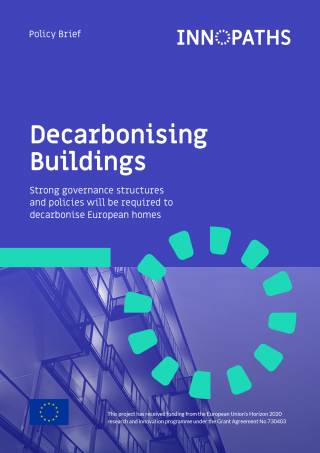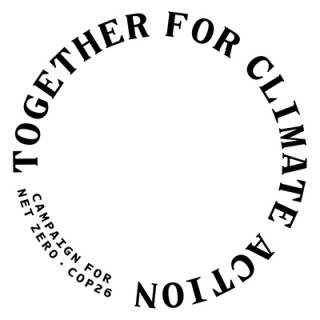Decarbonising buildings
20 July 2021

Heating, cooling, lighting and using appliances in buildings account for around 40% of energy consumption in the EU, and a similar level of CO2 emissions. The greatest single contribution to these emissions is from heating residential properties. Reducing energy consumption required to heat homes, and decarbonising the energy that remains, is vital to achieve net-zero emissions by mid-century. But, in many European countries, with the exception of decarbonising electricity, relatively little progress has been made towards these ends. This policy brief presents some of the key lessons from the INNOPATHS project to accelerate energy efficiency and decarbonise heating across both new and existing homes.
INNOPATHS is a European Union Horizon 2020 research project running from 2016-2021, led by UCL, looking at the innovation required for large-scale reductions in greenhouse gas reductions in Europe and the rest of the world. It has published nine policy briefs on different aspects of its work, on Innovation; Power generation; Industry; Buildings; Transport; Finance; Labour markets; Biochar; and Decarbonisation Pathways.
- Visit the INNOPATHS website, where you can access all the publications from the project (the Deliverables and abstracts of over 50 journal papers).
- Read the other INNOPATHS policy briefs
Read 'Decarbonising buildings'
Photo by Nick Fewings on Unsplash
 Close
Close



